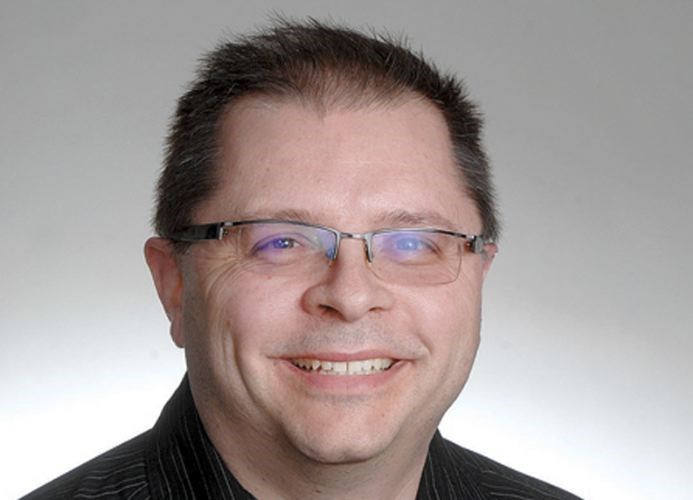"Even now, a sensation, especially a smell, can send me back," Romeo Dallaire writes in the introduction to his book They Fight Like Soldiers, They Die Like Children. "I hear a sticky, tacky sound, and then flash to decaying bodies slithering like fish in the net of an open mass grave, and I am briefly unable to extricate myself from this quicksand of memory."
What Dallaire, a Canadian Forces general commanding a small contingent of United Nations peacekeepers stationed in Rwanda, experienced in the spring of 1994 has come to define his life. In just 100 days, 800,000 people were murdered in the Rwandan genocide.
Dallaire's mission in life now is to convince audiences like the one he enjoyed in Prince George at the annual Dr. Bob Ewert Memorial Dinner and Lecture on Saturday night that child soldiers and genocide are Canada's problems and the world's problems.
"All humans are human," he declared to a room made up of plenty of doctors and students in the Northern Medical Program. In the eyes of a child he found abandoned in a no-man's land during the genocide, Dallaire saw the eyes of his son. A poignant metaphor, certainly, but a self-defeating argument, as well. He called his audience to embrace the humanity in all of us but all humans are human also means that each of us is as, or perhaps even more, capable of unspeakable evil and violence as we are of moral stands. Doctors, perhaps even better than soldiers, understand that human life is both priceless and cheap, in every community, in every hospital. Their war zones are in emergency wards and operating rooms.
Even at the best of times, humans are consistently inhuman. To paraphrase George Orwell, all humans are created equal but some humans are more equal (and valuable) than other humans. Imagine you're the first person at the scene of a car accident. The vehicle has caught fire and there is only time to save one of the two occupants of the car, who just happen to be Romeo Dallaire and Robert Pickton. Even if there was time to go back and rescue Pickton, who would?
Dallaire's second argument for why child soldiers and genocide matter resonates with the same cold logic that would see most Canadians rationalize letting Pickton burn to death. In a global world, extremist violence is everyone's problem. The days where political leaders of First World countries like Canada could claim that intervening in a genocide in a small African nation was not in the country's self-interest ended on Sept. 11, 2001.
Extremism, like the Internet, the powerful tool used to help it spread, has no respect for national boundaries and is being freely exported into impressionable young minds in our own cities. Tighter borders and expanded surveillance laws on Canadian citizens treat the symptoms but not the source of the sickness.
Fighting extremism in the world is like fighting Ebola. It requires a boots on the ground, devoted, long-term commitment at the source because both of these diseases are highly contagious and threaten everyone. On this front, Dallaire could not be more right. Ebola, extremism, child soldiers, genocide, Joseph Kony and the Islamic state are problems for all Prince George residents. Ignoring these issues is as foolhardy as residents of the Hart or Upper College Heights declaring that problems with gangs, drugs and prostitution in the VLA is not their concern.
Our neighbourhoods, our cities, our countries, our planet - it's all been compressed together by globalization and technology. Being blissfully ignorant will not keep us safe and will only fuel the hatred and the violence. There is no elsewhere. There is no far away.
Yet how do we prioritize? How do we address real problems in our own community while also facing these global challenges? Dr. David Nelson had the misfortune of taking the stage Saturday after Dallaire's gripping lecture. Dr. Nelson kept his comments brief but he spoke long enough to remind everyone that excellent health care in Prince George and the region is often forced to happen after a long wait in emergency, in a hallway or a converted storage space, or in an operating room with outdated equipment.
We need to do more than follow the shallow "charity begins at home" but where to start and how to make the biggest difference for the most good?
Sadly, there were no answers Saturday.



